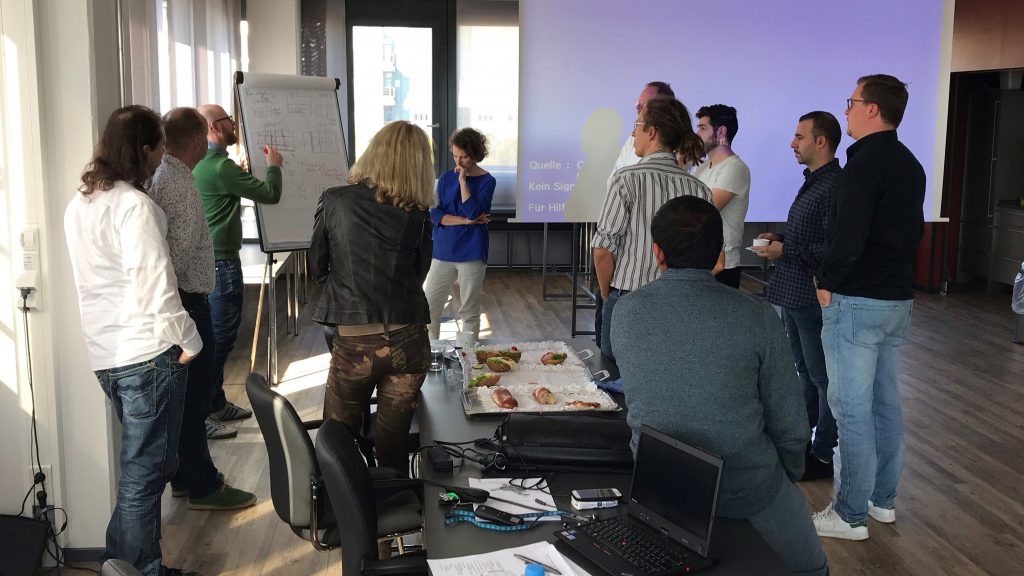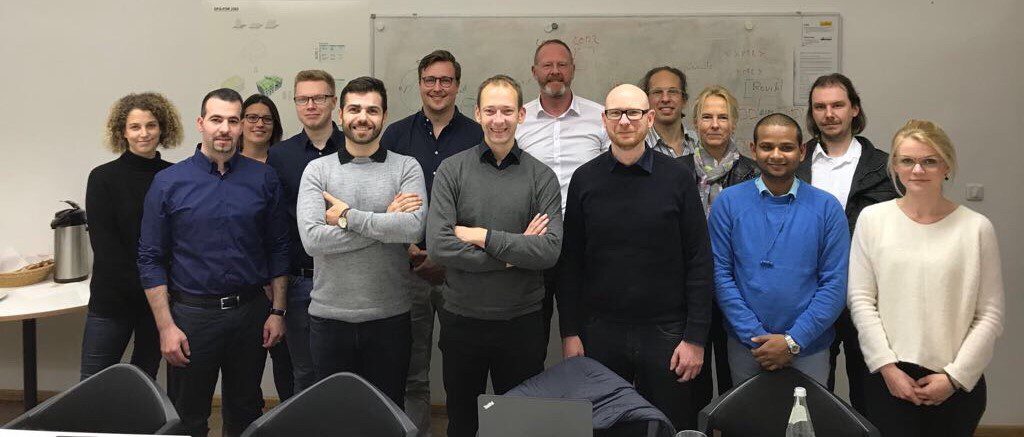The fresh players in the Harbors.lv will get an extraordinary 2 hundred% around a $3000 paired put as well as 30 100 percent free position video game spins after they very first register in the Harbors.lv. It’s a trend you to contributes a layer from adventure and you will credibility to on the internet black-jack. For the statistically inclined and also the strategically oriented, cutting-edge blackjack process including card counting and you can shuffle recording will be game-changers. (more…)
Greatest 20 Online casinos inside United states of america Best Local casino Web sites for 2025
Start of the second phase
The project EarlyBIM 2: Evaluation of building design variants in early phases on the basis of adaptive detailing strategies (FOR 2363) will be funded by the DFG.
EarlyBIM 2 is dedicated to the development of novel methods to demonstrate the enormous potential of model-based and simulation-based design planning as well as possibilities for its technical implementation. The research group consists of 6 project partners, who deal with the following topics in the corresponding subprojects: (1) Automated and traceable transfer of detailing processes between different design variants (2) Easy integration of variant creation of similar projects into the current design (3) Identification of potentials for the improvement of building designs in order to support planners. More specifically; to provide comprehensible explanation of design decisions on the basis of existing boundary conditions and assumptions (4) use of life-cycle based energy and environmental impact analyses at an early stage using experience and design strategies from previous projects (5) Early provision of structural design knowledge through artificial intelligence methods for the support of design decisions. Among other things, methods of graph theory, case-based reasoning, machine learning and knowledge-based systems are applied and further developed across subprojects.
In view of the social challenges and the associated requirements for buildings in terms of energy efficiency and sustainability, and taking into account the latest developments in the building industry in the field of model-based planning, the aimed findings and developments have a high application potential.
Partners in the research group:
- Chair of Computing in Engineering, Ruhr-Universität Bochum
- Chair of Computational Modeling and Simulation, TU Munich
- Chair of Architectural Informatics, TU Munich
- Institute of Energy Efficient and Sustainable Design and Building, TU Munich
- Fachgebiet Digitale Architektur und Nachhaltigkeit, Institut für Architektur, TU Berlin
- Institute for Structural Concrete, University of Duisburg-Essen
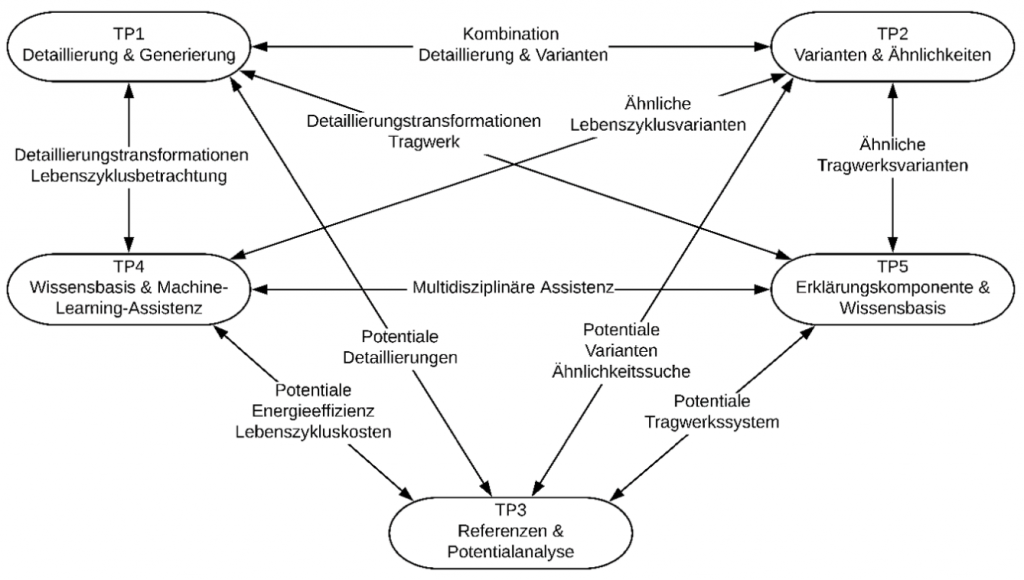
Constructive Meeting at TU Munich
On January, 28th the whole project team met in Munich to detail the common “story line” and to discuss further interactions between the sub projects. Furthermore, the “Building Development Level” concept, a new method to coherently describe a building’s LOD, was presented by TP 1.
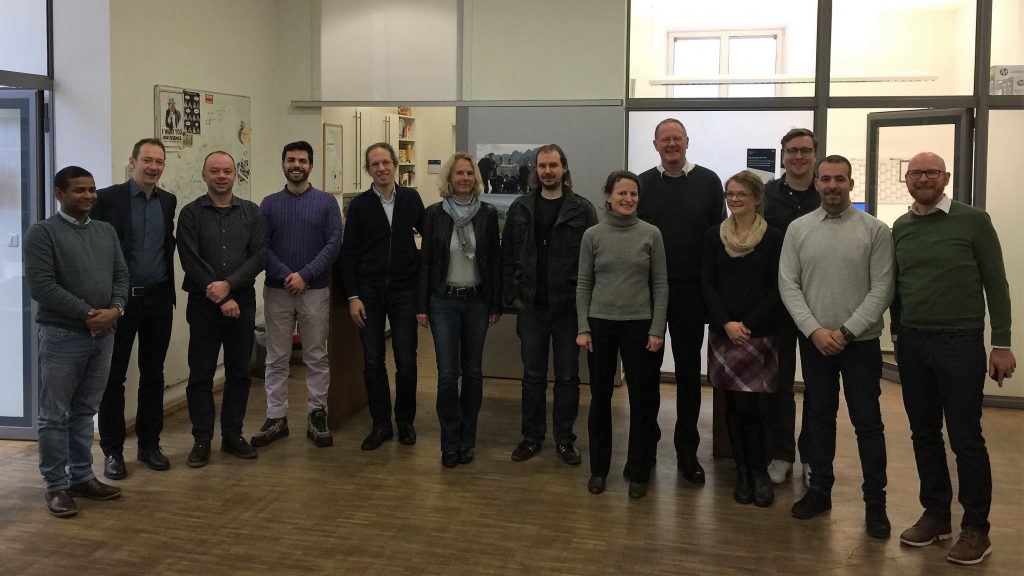
Digital Construction Brussels 2018 – Student Competition
Manav Mahan Singh has won the student competition in Digital Construction Brussels 2018 for his work “BIM to Energy Predictions: A shortest link using machine learning models”.
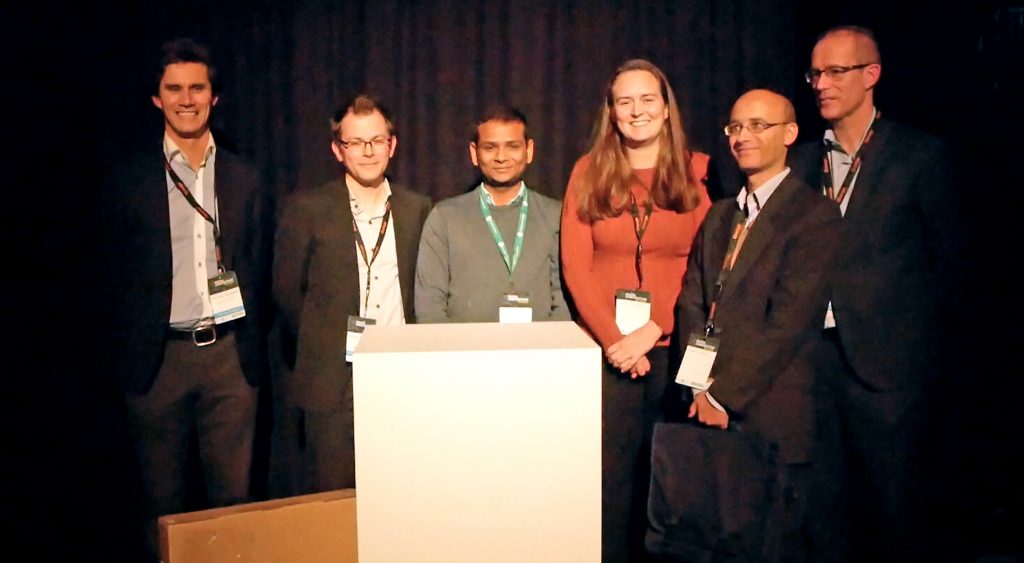
Meeting at Universität Essen
The current progress of the sub projects and its application in the overall workflow were intensively discussed at the live meeting on October 10th, 2018.
The meeting was organized by sub project 5 and took place at University Essen.
Erstellt von: Hannah Exner | 15.10.2018
Project Meeting in Munich – November, 9
On November, 9 the participants of DFG Research Group met to discuss the current status and interaction of the five subprojects (TP 1 – TP5). In the course of the event, which took place at Technical University of Munich, two new team members where introduced. One major result of the meeting was a common framework to process example models within the interdisciplinary group of scientists.
posted by Hannah Mattern | 2017-11-10
Workshop at IALCCE 2018
MS-5 – Early BIM for Lifecycle Performance
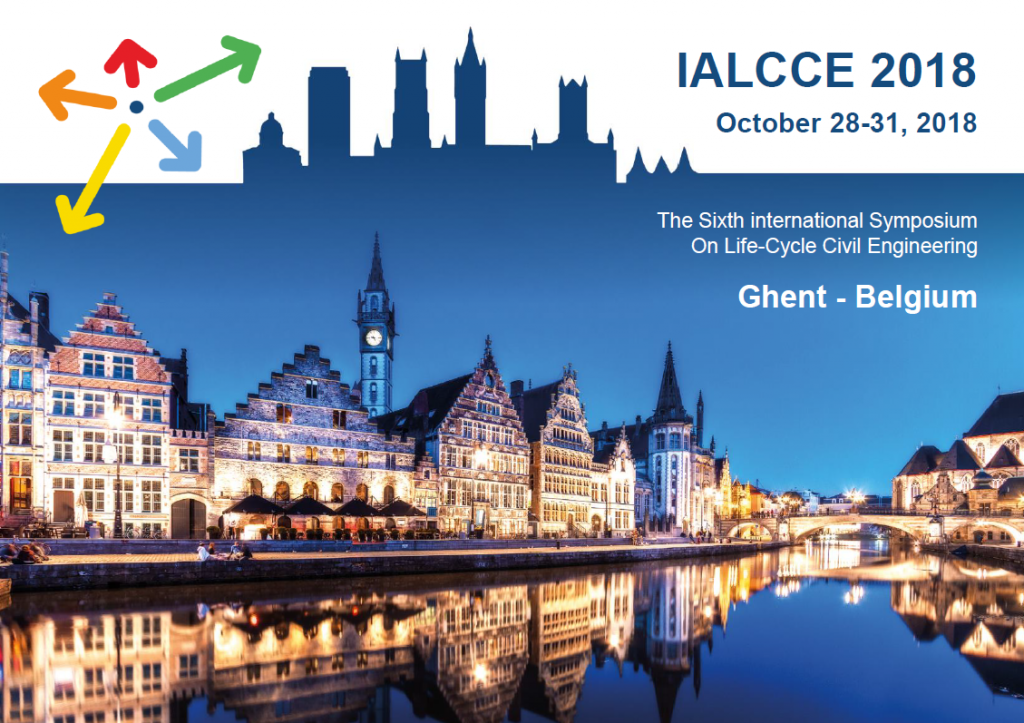
Building Information Modeling (BIM), which is the continuous use of digital building models throughout the entire planning process and the lifecycle of buildings and infrastructure, is a novel key technology in the construction industry. It will lead to a digitization and modernization in the industry and offers the unique chance to integrate diverse aspects of design and performance, which is highly relevant for lifecycle performance appraisal and improvement.
BIM models are currently highly developed for later planning phases, when detailed information on the design is available. However, at this stage, the influence on the lifecycle performance of buildings and infrastructure are limited and changes are costly and difficult to implement. Therefore, the proposed Special Session is dealing with research work concerning the use of BIM in early design stages to support decisions in the scope of lifecycle performance since the highest influence on the lifecycle performance is possible at the early stages of project development.
The FOR 2363 research group organizes a workshop in the context of IALCCE 2018.
For more information go to MS-5 at http://www.ialcce2018.org/#/minisymposia
In case of questions please contact:
| Prof. Dr.-Ing. Philipp Geyer p.geyer@kuleuven.be |
Dipl.-Ing. Patricia Schneider patricia.schneider@tum.de |
posted by Hannah Mattern | 2017-07-18

